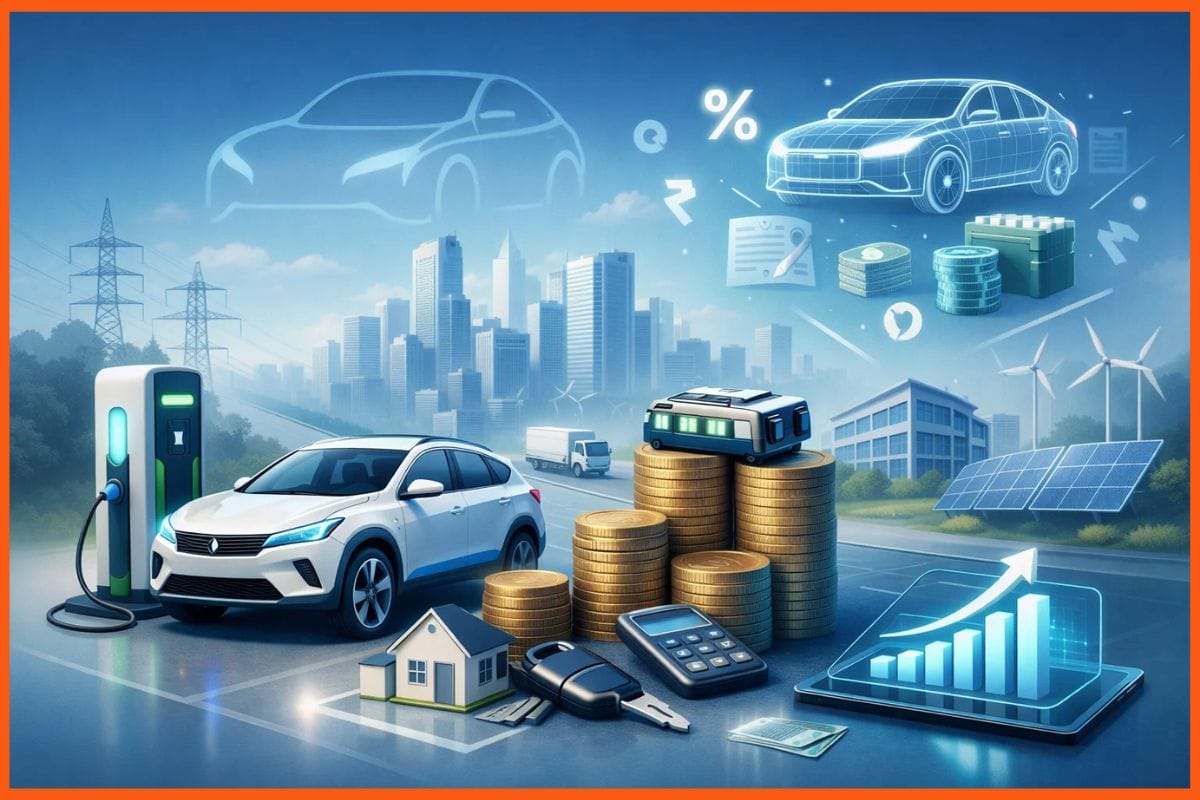Artificial Intelligence: How is it going to change India?

Our day starts with Alexa’s news updates and ends with Saavn’s suggested music in our ears. The technological pillars of the fourth industrial revolution has already made a home in our daily lifestyle. Circumventing interaction with gadgets and software in the 21st century, is next to impossible.
It is important to analyse and explore the effects of AI on the Indian economy. The media often overlooks the potential impact of AI on the economic sector, it focuses mainly on the part where technological advances can wreak havoc. How to reap benefits from this amazing field should be the question of the moment.
AI Market in India
Scope of Artificial Intelligence
Growth and Future of Artificial Intelligence
Conclusion
AI Market in India
Opportunities in AI are on a growing graph in India and is already ahead some major milestones in the Fourth Industrial Revolution. Despite being a newbie, India secured a rank of 13 out of 200 countries with respect to the development of AI. Indian IT companies have already made a name globally, as the top solution providers, addition of AI into the field can fuel up India to become a superpower.
Analysts at GMF say that the AI sector in India has achieved a growth by $150 million over the past five years (as of 2018). The expenditure on Artificial Intelligence (AI) in India marked an increase of 109.6% during 2018 to sit at US$ 665 million. The private investments swayed from $44 million in 2016 to $73 million in 2017 to help the development.
The Southern region occupies a major share in the overall India's Artificial Intelligence market. Also, the government’s kindled interest is to lead spending in research and development of AI based technological advancements. This would boost up market growth over the coming years.
The economic impacts of harnessing AI are humongous. NASSCOM estimates that AI could contribute $957 billion to India’s economy by 2035, benefitting sectors like agriculture, education, healthcare and infrastructure. This is equivalent to 15% of India’s current gross value in 2035. A CAGR of 39% midst the forecast period (2019-2025).
4% of the country’s GDP in 2017 was credited to leaps made by digital products and services made possible using AI and IoT. The number can rocket upto 60% by 2021, according to Microsoft India. A mixture of technology, data and talent that make intelligent systems in equal proportions can drive extraordinary growth in the AI investment.

Also Read: TNQ InGage- Curating top-notch technology advancements to create a better world!
Scope of Artificial Intelligence
Artificial Intelligence has invaded every aspect of our life, the kind of scope it has globally as well as in India cannot be expressed judicially using words. Infrastructure, traffic, education, healthcare are just a few names from the top of the pile to name the sectors affected by AI.
- Opportunities are endless for IT companies and businesses, AI can boost growth and profitability bringing transformation. For example, manufacturing, the sector could mark a profit increase of 39% due to AI-powered systems whose ability to learn, adapt and evolve over time can replace faulty machines and idle equipment.
- For entrepreneurs and businesses, AI can sharpen their analysis of data, improve decision making thus helping the profits.
- For society as a whole, AI can improve public safety and even save lives. Implementation of AI managed traffic systems, AI in healthcare, monitoring of the climatic changes using super accurate AI systems are a few applications.
Stepping into the innovation of AI in social sector can be really beneficial for India as it is being overlooked globally. The establishment of government think-tank NITI Aayog, titled National Strategy for Artificial Intelligence shows the kind of commitment India has. Despite the employment of just a little under 50% population the agriculture sector contributes only around 18% to the GDP.
Harnessing AI in this sector can increase the contribution significantly. Healthcare is another section that needs improvement. India’s life expectancy is among the lowest for BRICS nations, the conditions in the hospitals is known by everyone, a KPMG report said last year. AI can accelerate the treatment process, improving accuracy and quality of medial assistance.
There are theories which state that we might be underestimating AI and it can get out of hand without even our realisation. It should be taken into account that pillars for AI like machine learning, pattern recognition, neural networks have been around for a while and humans have mastered them. The fact of the matter is that AI has been an underdog and now we realise its true potential more clearly.

Growth and Future of Artificial Intelligence
According to report by NITI Aayog in June 2018, Artificial Intelligence was among the domains that witnessed the fastest adoption among different industry sectors. As of 2019, more than 400 startups are working on AI and domains like Machine learning.
An investment of about $150 million has been pitched in by private players and the number has been increasing since 2016. Despite the leaps, India does not lead the US and China of the terminology of investment.
India should sail on its AI voyage as it will probably enrich the quality of lives of people and enhance the economic development.
The global business value created by AI by 2022, will touch a stunning $3.9 trillion, with the spending on AI systems reaching $79.2 billion. AI technologies are predicted to set its foot in every software product next year, revenues growing upto 118.6 billion by 2025.
In India, the adoption is even more.An industry expert associates the Indian Enterprise Market for AI to be estimated to be $100 million, growing at 200-250% CAGR.
Conclusion
There are no boundaries to the growth of AI and India can start to build its foundation to put the efforts in fruition over the coming years. For a country, where proper sanitation is still a blessing, AI might still seem a dream too big. And yet the time is in India’s favour to take its place on the AI frontier. The necessary groundwork has already been laid. Missing the opportunity is not an option anymore.
Must have tools for startups - Recommended by StartupTalky
- Convert Visitors into Leads- SeizeLead
- Website Builder SquareSpace
- Run your business Smoothly Systeme.io
- Stock Images Shutterstock




